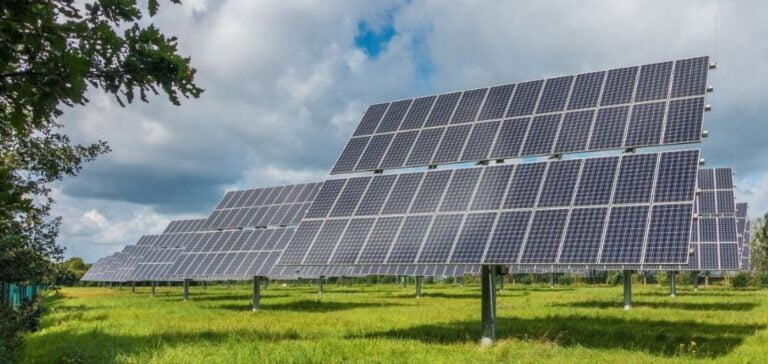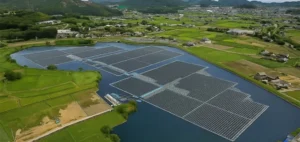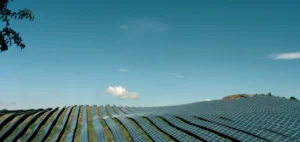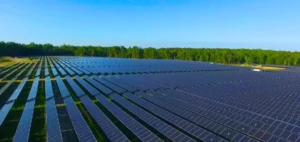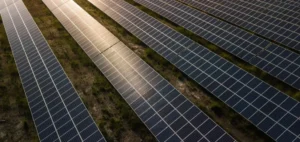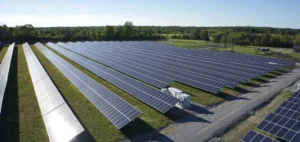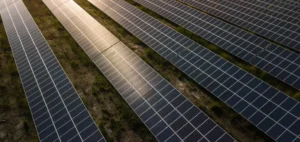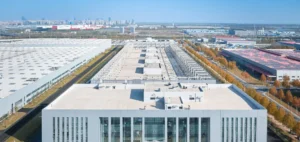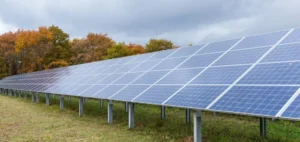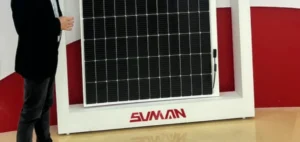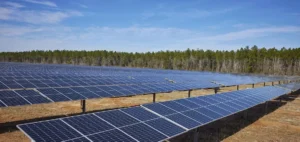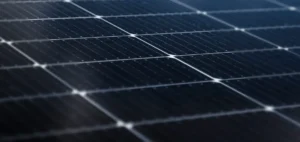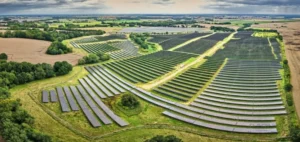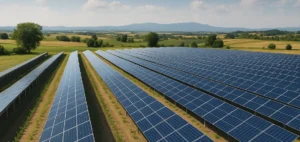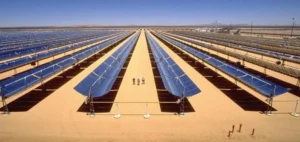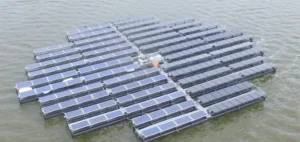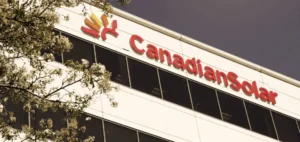Two solar parks, located in the village of Dalgo Pole near Plovdiv( Bulgaria), have recently been connected to the Bulgarian electricity grid. These facilities, with a capacity of 91MWp and 50MWp respectively, add to an existing fleet of 66MWp in the same region. The three parks, built on behalf of Galaxy Investment Group, feature over 330,000 solar modules and will collectively generate more than 280,000MWh of electricity per year, reducing CO2 emissions by 40,000 tonnes. Andre Kremer, CEO of SENS, said: “With the completion of two new solar parks, we are reaffirming our commitment to Bulgaria’s energy transition and sending an important signal for the future of renewable energies in the country.
The role of SENS LSG in the Energy Transition
SENS LSG, a joint venture between German solar services provider Iqony Solar Energy Solutions (SENS) and Austrian engineering company LSG Group, played a key role as engineering, procurement and construction (EPC) service provider for these projects. The first Dalgo Pole solar park was built in 2022, and construction of the second project began at the end of the same year. These solar farms not only help to reduce CO2 emissions, but also contribute to Bulgaria‘s energy transition, in line with the EU’s climate objectives. The country plans to install 7GW of new solar capacity by 2030, with a further 12GW by 2050.
Economic and environmental impact
Collectively, thethree solar farms will generate enough electricity to power around 6,000 Bulgarian households on an annual average. These projects demonstrate a commitment to renewable energy in Eastern European markets, where activity in the renewable energy sector is booming. Investment in renewable energies in Bulgaria is essential if we are to achieve the climate targets set by the European Union.
Future Prospects for Solar Energy in Bulgaria
SENS LSG’s solar projects at Dalgo Pole are a concrete example of how innovation and strategic investment can transform the country’s energy landscape. The outlook for the future is promising, with continued expansion of solar energy predicted over the coming decades. These initiatives will not only help reduce greenhouse gas emissions, but also create jobs and stimulate the local economy. The connection of two new solar farms to the Bulgarian electricity grid marks a milestone in the country’s energy transition. The projects carried out by SENS LSG reflect Bulgaria’s focus on reducing CO2 emissions.


